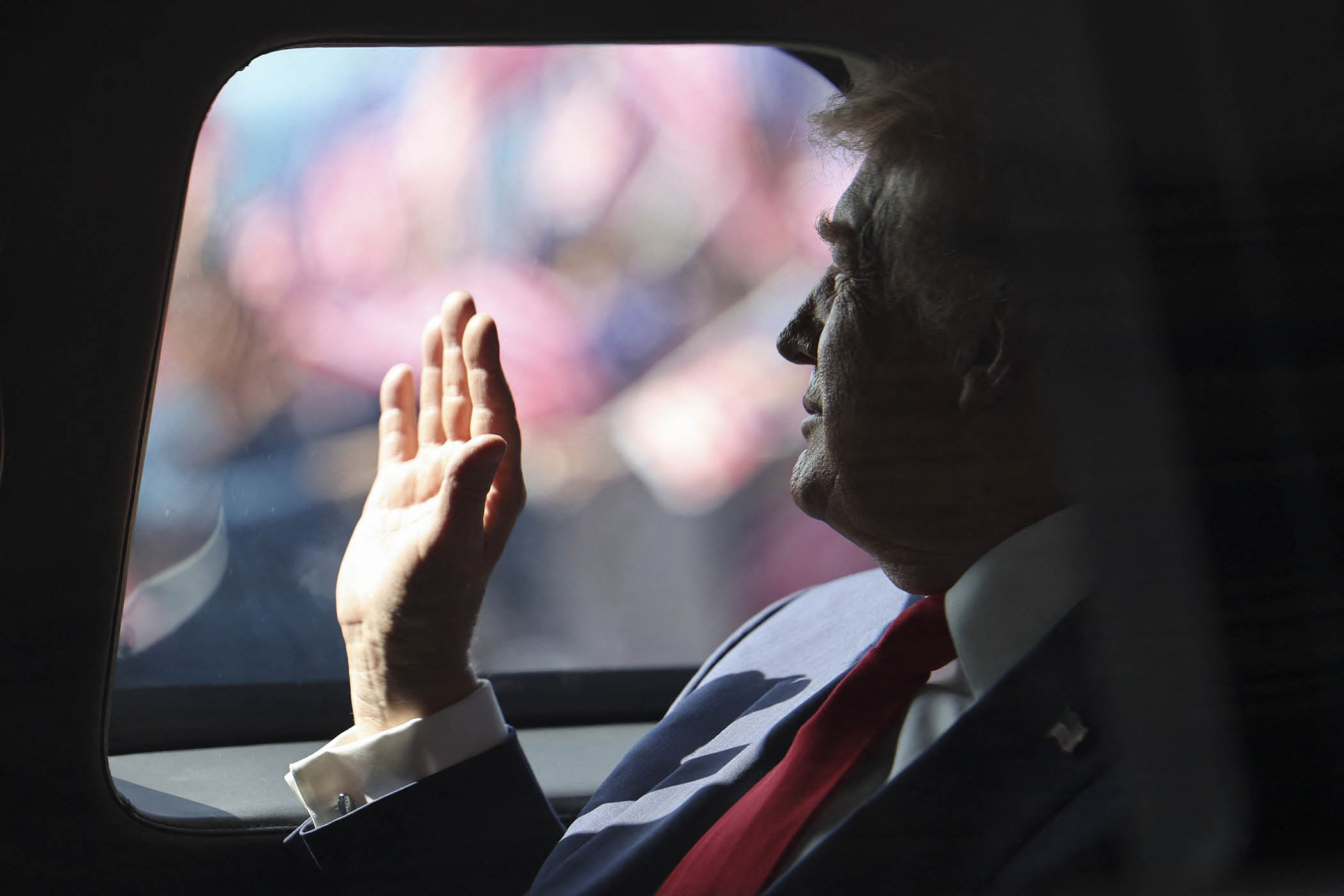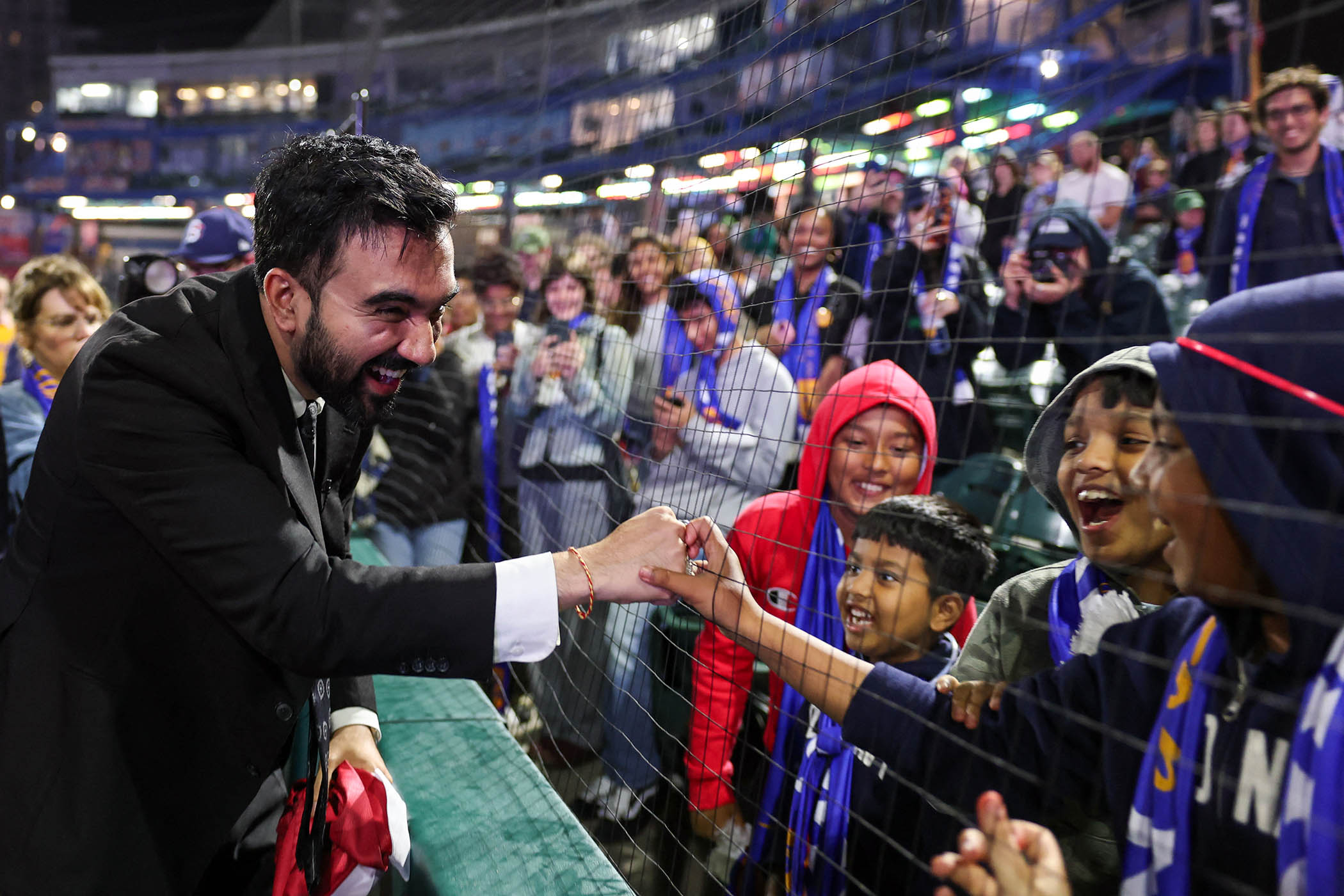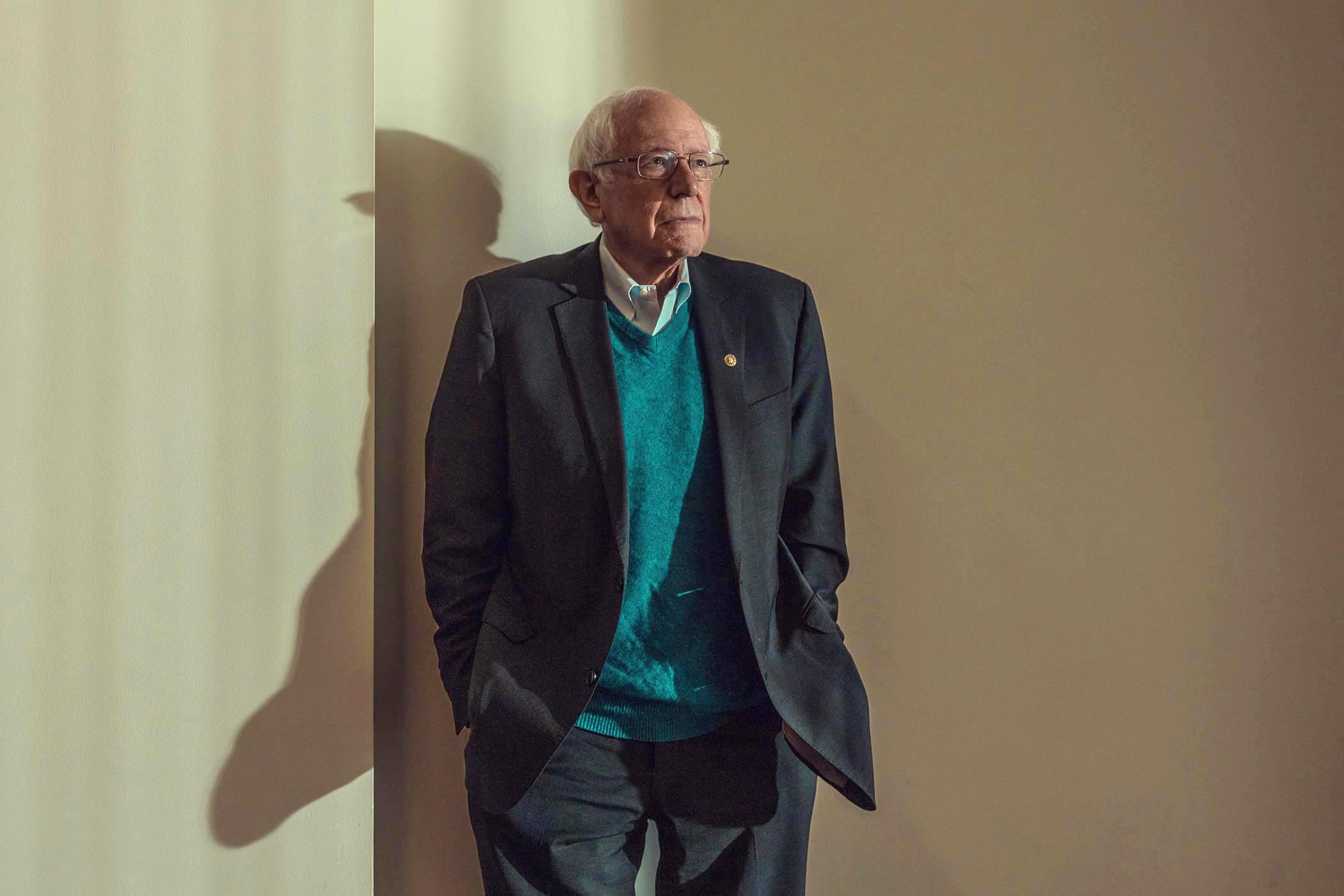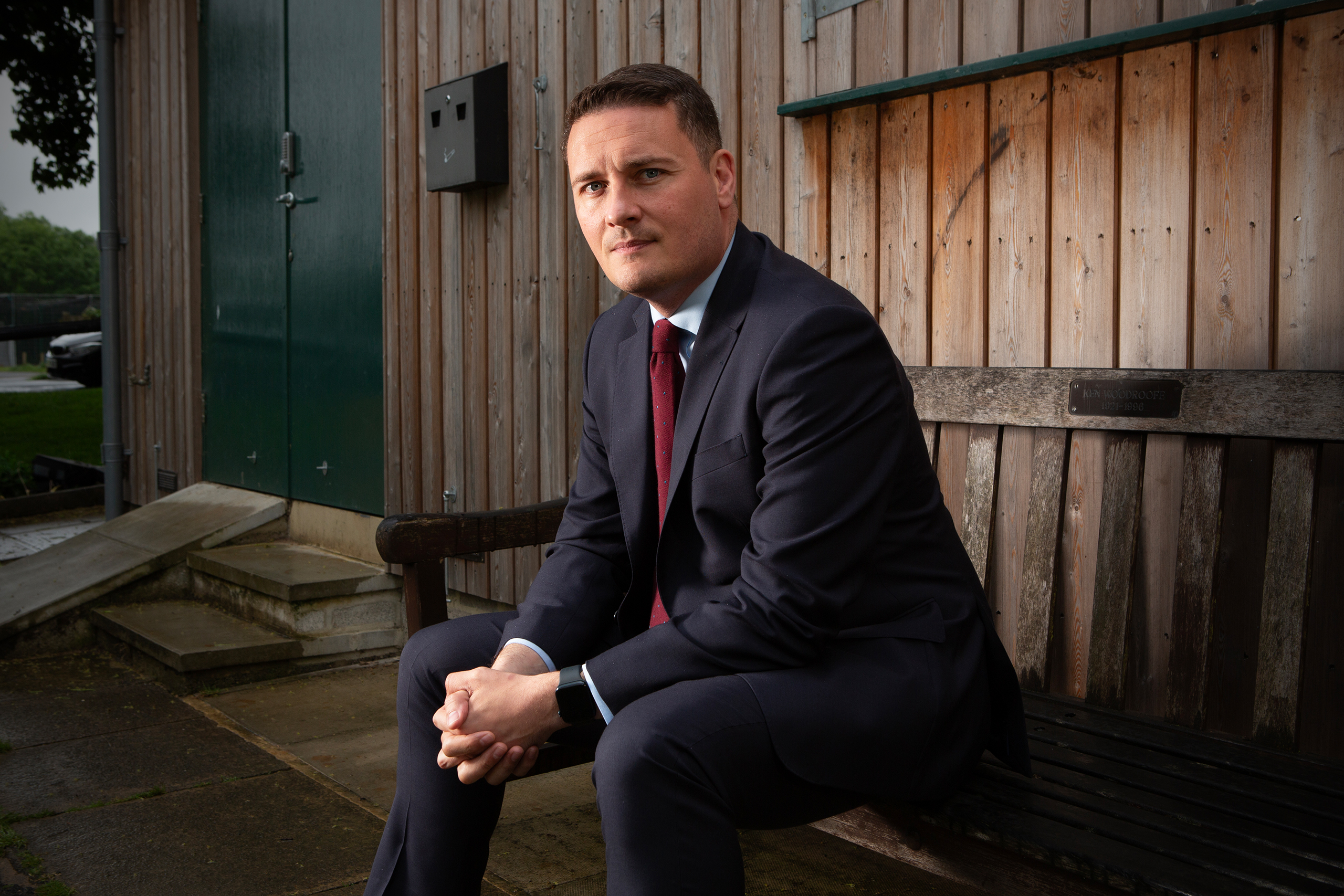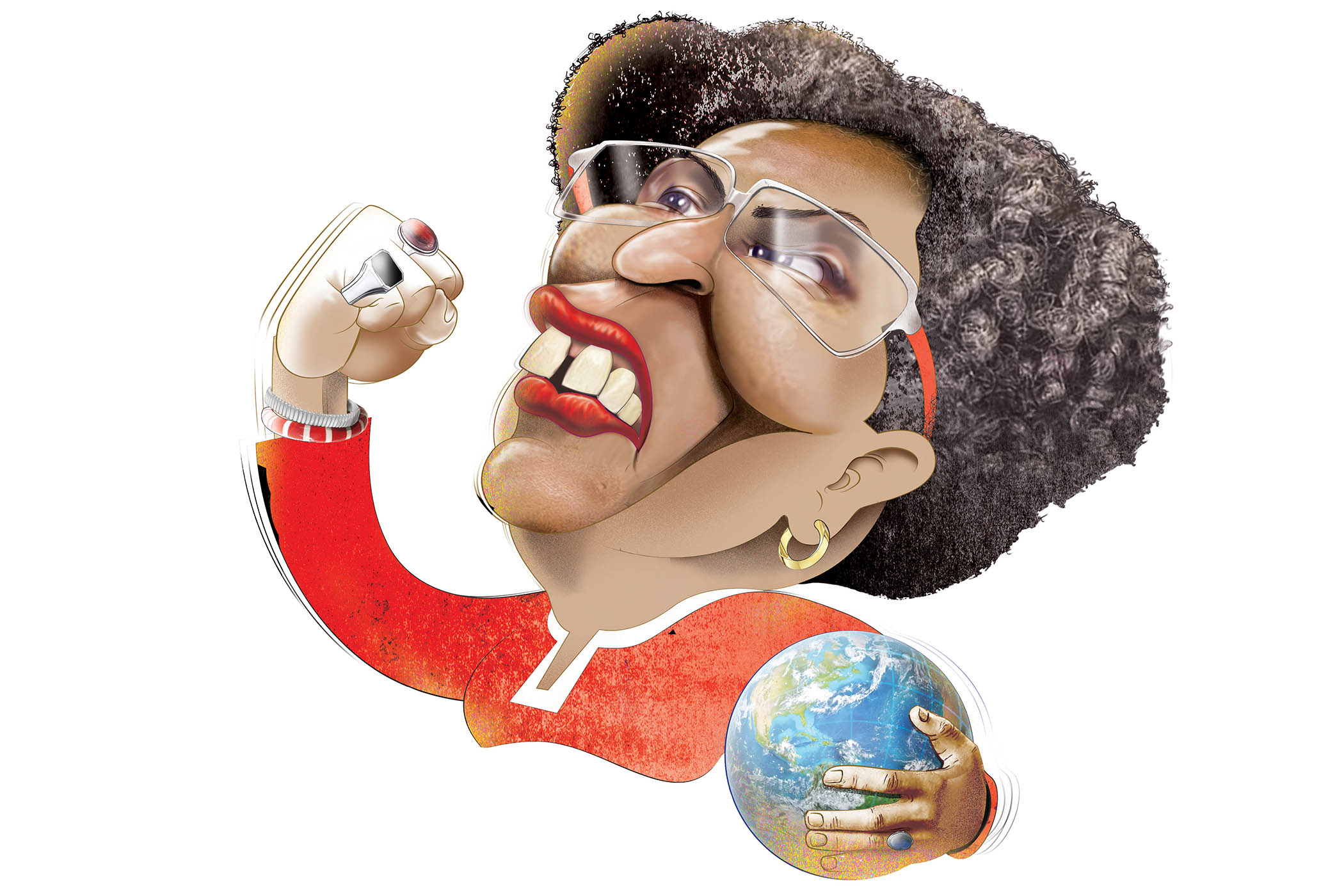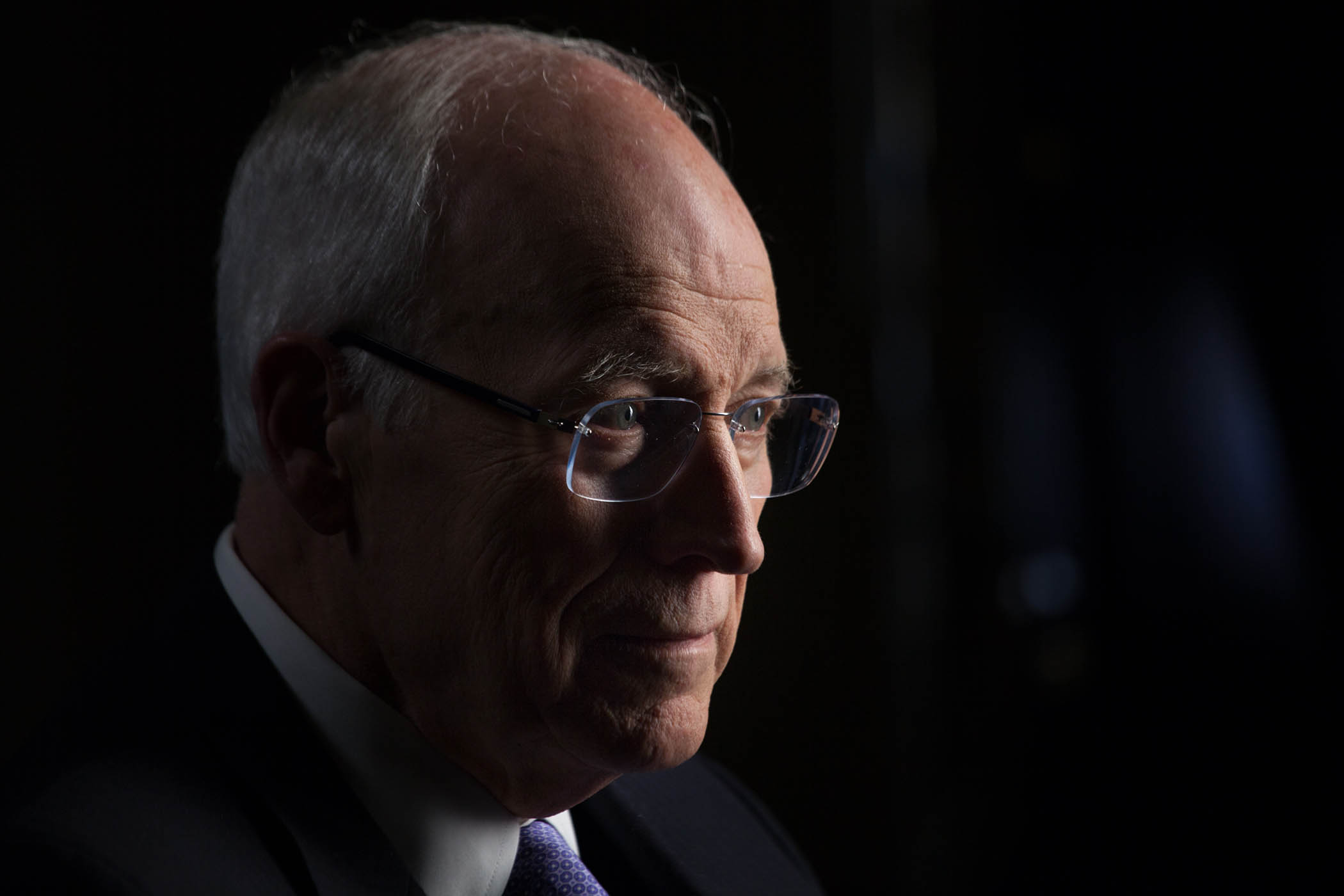
The former US vice-president, who has died aged 84, has a mixed legacy. But at least his mistakes were those of a serious politician
The death of the former US vice-president Dick Cheney is a stark reminder of what it meant just a few years ago to be a conservative Republican. He was a fierce partisan in the House of Representatives after serving in Richard Nixon’s White House. He strongly defended the powers of the presidency vis-a-vis Congress, even as a member of Congress. And he strongly defended President Ronald Reagan throughout the Iran-Contra affair in the late 1980s.
But Cheney, who has died aged 84, didn’t come into his own until serving as secretary of defence under President George Bush Sr. And it was there that his legacy began. For he was an effective secretary of defence, exercising political control over the uniformed military, including firing generals who challenged his stewardship. He also dominated one of the most dominant figures in the US military at the time, General Colin Powell, who as chairman of the joint chiefs of staff was reluctant to launch the first Gulf war.
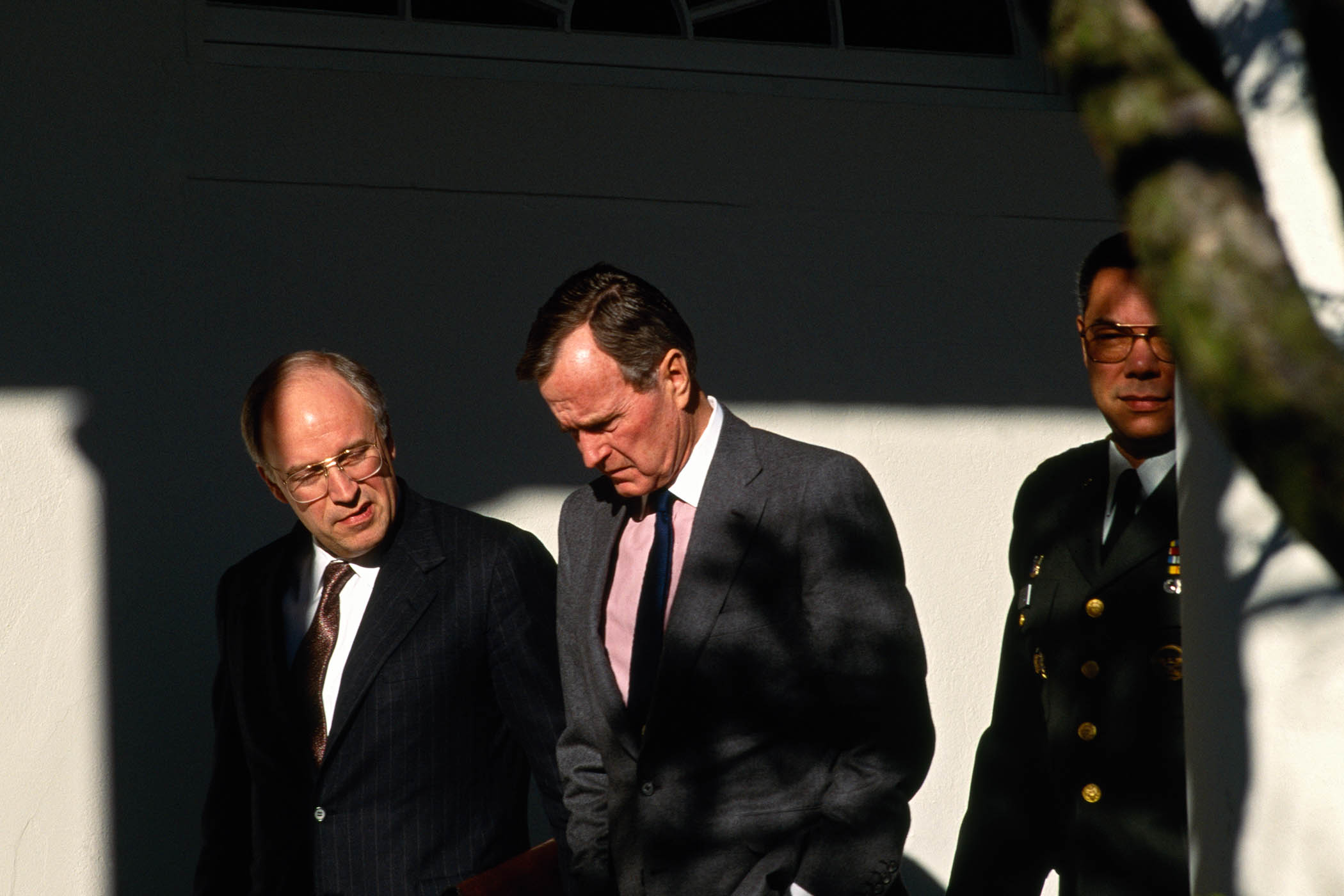
With George Bush Sr and Colin Powell
Looking back now on that war, which had the support of practically the whole world, through the UN security council, it appears to be a classic case of wise diplomacy and decisive leadership. Allowing Saddam Hussein to gobble up his neighbours, with all of their oil, would have posed grave dangers to the region and the world – especially when we learned after the war that at the time Saddam was indeed on the verge of nuclear weapons capability. All of that was stopped by the Bush-Cheney war machine, which gathered a huge coalition of forces, including Saudi Arabia and Syria. Equally effectively, Japan and Germany footed large parts of the bill. Saddam was evicted from Kuwait and his nuclear programme stopped just before it was on the verge of completion, with an effective arms-control regime put in place to ensure that he could never again threaten the world with nuclear weapons.
I don’t believe Cheney and Bush invented the threat from weapons of mass destruction in Iraq. But they certainly exaggerated it
So far, so good. Cheney, as defence secretary, was a key figure in all that, including the decision not to go on to Baghdad and be responsible for Iraq’s post-Saddam future. How much of that was Cheney versus the president and his national security adviser, Brent Scowcroft, didn’t become clear until after 9/11. Then we saw a different Dick Cheney.
Related articles:
After 9/11, the Cheney legacy went from one of responsible, tough-minded conservatism to intense unilateralism and the breaking of norms, in a way that still haunts American foreign policy. For it was Cheney’s office that pushed to legalise the use of torture in interrogations of al-Qaida prisoners. With his buddy from the Nixon years, Secretary of Defence Donald Rumsfeld, the two men seemed to be dictating policy in the first George W Bush administration. It was then that the United States pulled out of most arms-control treaties, rejected any serious cooperation with Moscow and scorned as “quaint” the dictates of the Geneva conventions. All of which led to the second Gulf war, where America was mostly alone, with the Tony Blair government its only strong ally. And that’s where the Cheney legacy – along with respect for US foreign policy – took its biggest hit.
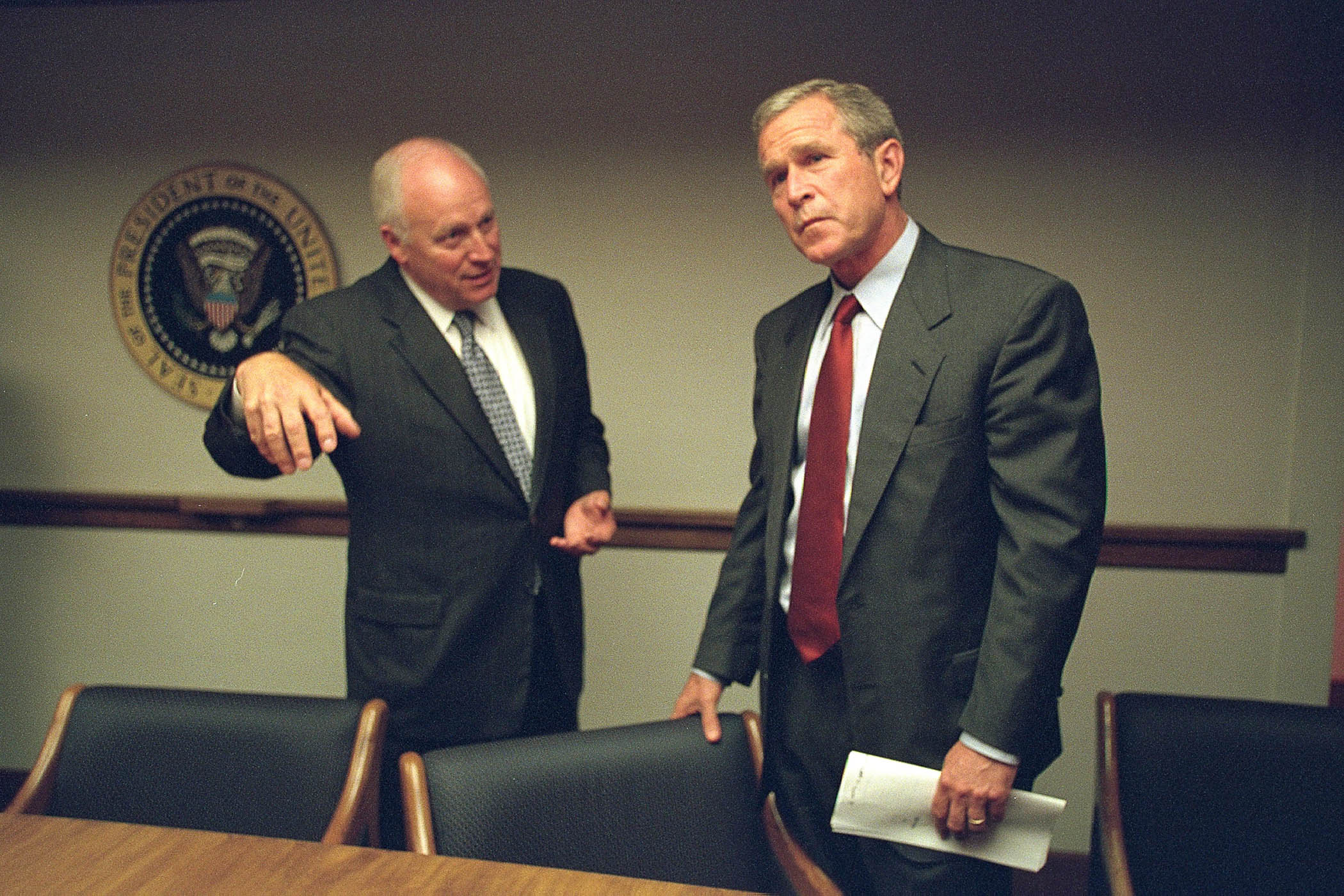
With President George W Bush on 11 September 2001
I don’t believe Cheney and Bush invented the threat from weapons of mass destruction in Iraq. But they certainly exaggerated it. So when the invasion failed to turn up any such weapons, American credibility was severely damaged. But even worse, perhaps, was the failure to plan for a post-Saddam Iraq. Which led to more than a decade of chaotic occupation and the destruction of America’s reputation for getting things done. Cheney and Rumsfeld were now the villains of that era.
Their scorn for allies and their overconfidence in their own wisdom and capabilities are what led to the disaster in Iraq, which has so damaged America’s reputation as a world leader. Prior to the second Gulf war, America really was a hegemon – but a hegemon with allies, not an empire, whatever that abused term means. We had the respect and admiration of much of the world for helping to rebuild Europe and Asia after the second world war, and for putting in place an international system to ensure that the great power would be a thing of the past. The failure of Iraq jeopardised that reputation and damaged America as a result.
But the Cheney legacy doesn’t end there. Two things that were clear about Cheney through his decades in government service were his commitment to US democracy and the rule of law, and above all his courage in his own convictions. He was often alone as vice-president in advocating extreme positions with a quiet dignity, even when he began to lose the argument in George W Bush’s term as the ship of state was righted, to an extent.
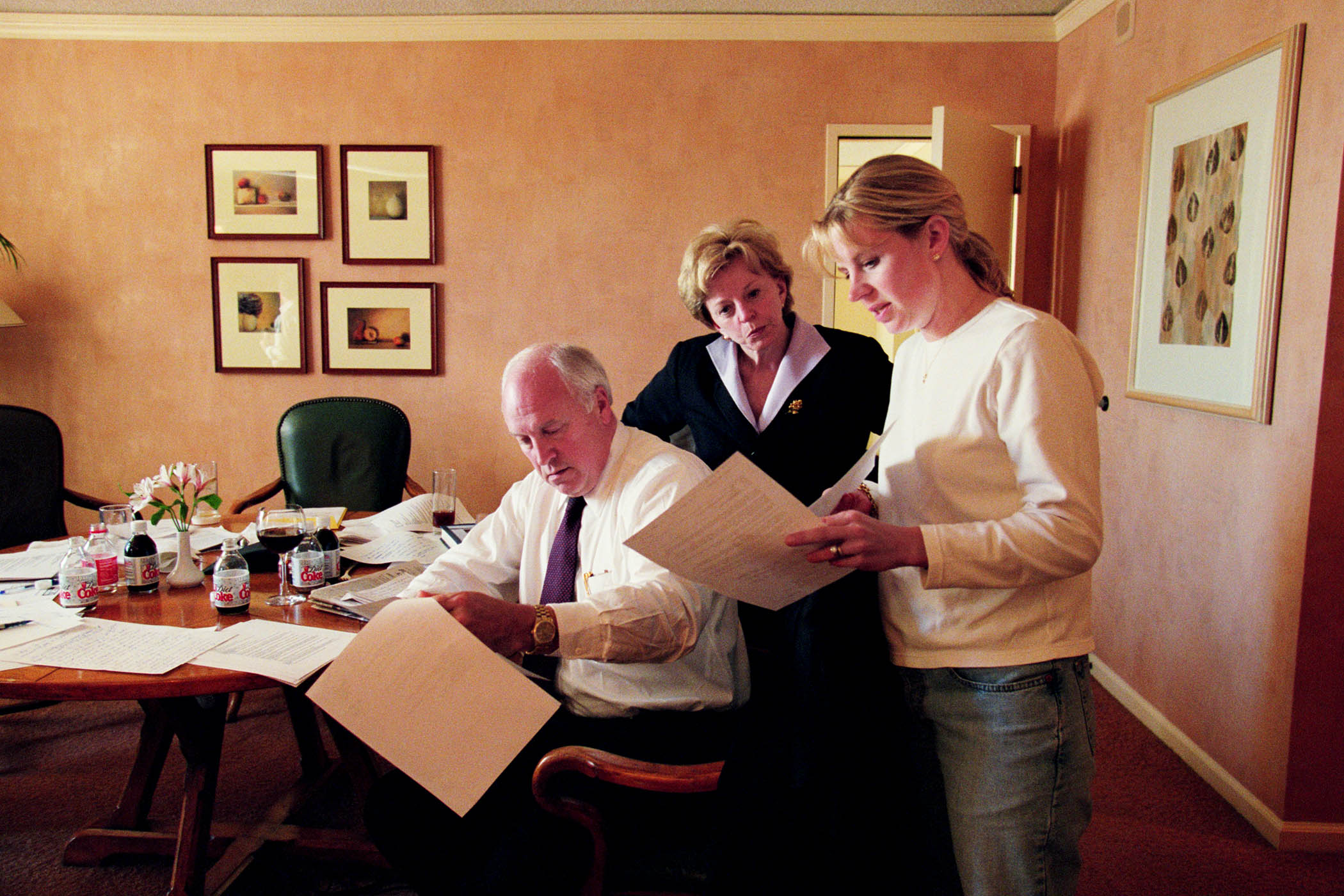
With his family on 8 November 2000 – the morning after the election without a clear winner
And political courage I must say, runs in the Cheney family. I would love to see more of it in our politicians. For it was Liz Cheney, Dick Cheney’s daughter, who showed enormous political courage as a Republican leader, who bucked her party and Donald Trump by insisting on a fair and thorough investigation of the events of 6 January 2020. She co-chaired the investigative committee that revealed the extent of the violations of law and American values on that day, despite knowing the consequences. And it was that committee that revealed all to much of the world about how President Donald Trump had sought to thwart an American election.
Liz Cheney paid the price of being defeated in a Republican primary and lost her seat in Congress. But, like her father, she showed what it means to be a small-c conservative who believes in the American constitution.
So the Cheney legacy is a mixed one for the United States. In foreign affairs, Cheney will probably be remembered more for the second Gulf war than the first, whether that is fair or not. And he will also be remembered for being the most powerful vice-president in the modern era, and possibly ever. With that power came decisions that I believe were terrible mistakes. But they were the mistakes of a serious man with a serious demeanour dealing with the serious problem of post 9-11 fear in America.
Perhaps after his death – owing to complications from pneumonia and cardiac and vascular disease – we will learn more about what he thought of executive power: the executive power that he defended in the Nixon White House and developed, with conservative lawyers; and the idea of the unitary executive, which Donald Trump has now adopted to pursue policies and practices that no small-c conservative could rationally support.
James P Rubin served as a top adviser to secretaries of state Antony Blinken and Madeleine Albright. He is the co-host, with Christiane Amanpour, of the podcast The Ex Files
Photographs by David Hume Kennerly/Getty Images, Jean-Louis Atlan/Sygma via Getty Images, David Bohrer/U.S. National Archives via Getty Images
